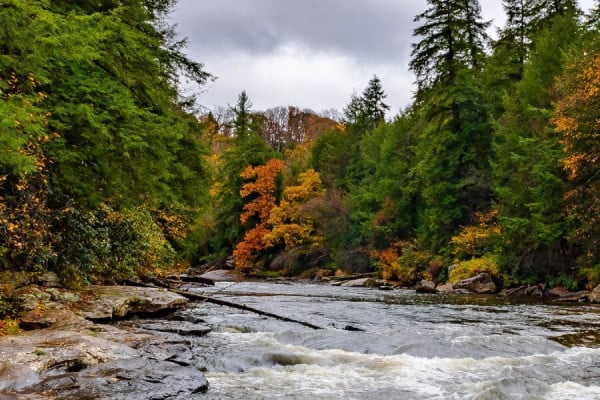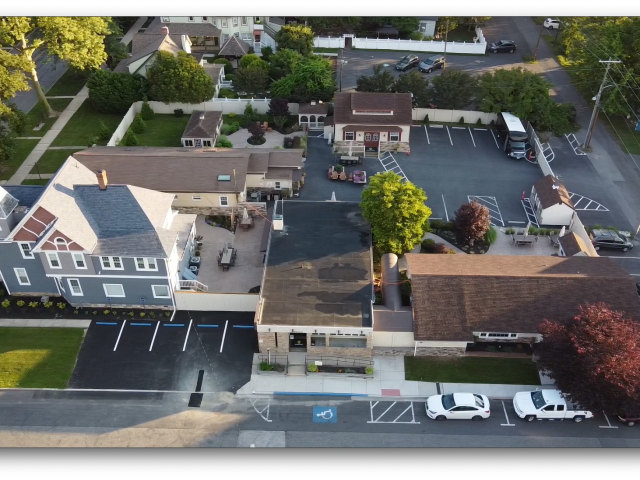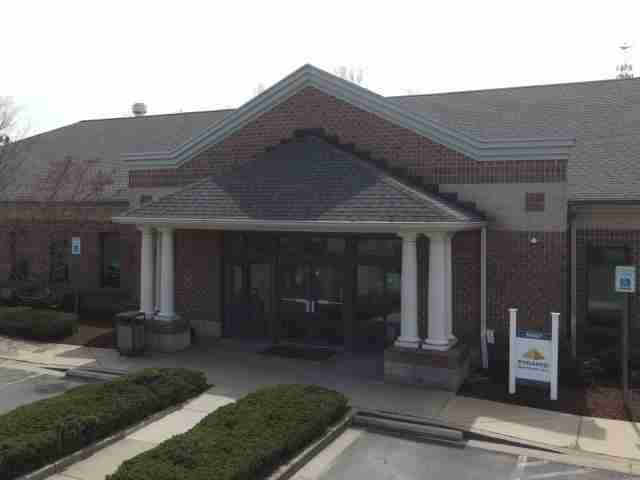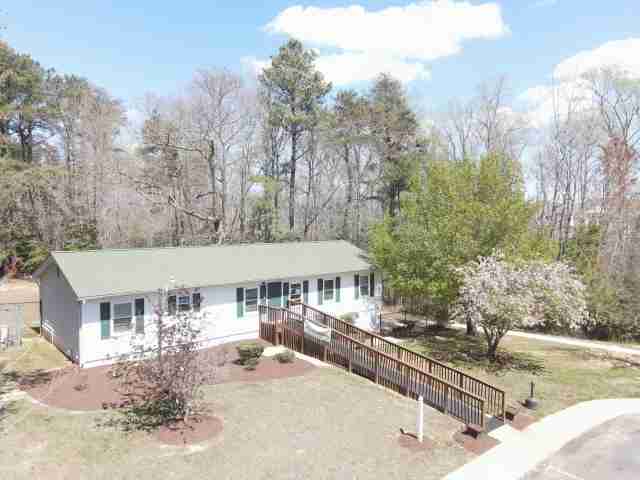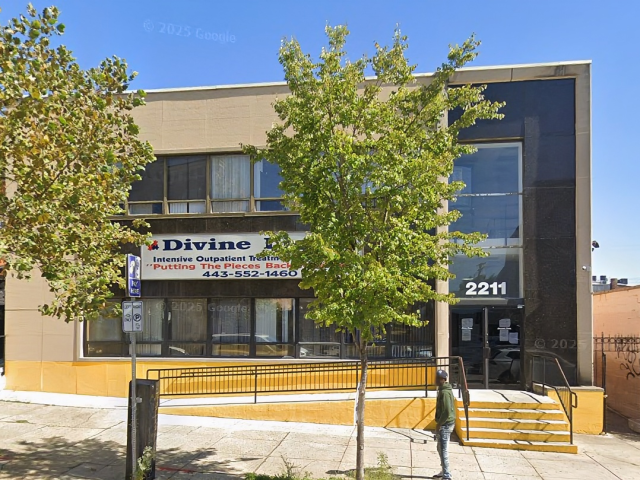More About Rehabs in a Coastal Setting
If you enjoy the serenity of the ocean, choosing a coastal rehab that offers mental health and addiction treatment can help ease tension and stress as you heal. The soothing sound of waves in the distance, a view of the stunning coastline, and the smell of salt and sea breeze can have a calming, therapeutic effect.
Rehab Activities in a Coastal Location
Rehab programs located near the coast will often include holistic therapies and recreational activities that are exclusive to programs offering beachside addiction recovery services. These nature-driven activities can exacerbate your healing as you experience them alongside your psychotherapy sessions. Many coastal rehabs will include:
- Mindfulness or meditation on the beach
- Sunrise or sunset yoga on the beach
- Art therapy sessions - you may draw inspiration from the ocean and natural surroundings
- Eco-therapy
- Hikes along scenic trails
- Paddleboarding or surfing
- Beach walks
All of these activities take advantage of the tranquil coastal setting while also promoting physical fitness and mental wellbeing.
Accessibility of Coastal Rehabs
The accessibility of coastal rehabs depends on various factors and resources. Some considerations regarding a coastal rehab’s accessibility include:
- Location and region of the country - Coastal regions that are near major cities or tourist hubs, like Malibu, California, may have more readily available services and open beds than facilities that are located in remote coastal areas.
- Type of facility - The type of treatment you are seeking can impact the accessibility of the rehab - major coastal locations offer a broad selection of treatment options ranging from inpatient to outpatient treatment.
- Waiting lists - Locations in beautiful coastal settings can be in high demand, which can affect the timing and availability of treatment.
- Affordability - Rehabs that are in or near tourist locations may have higher treatment costs than inland locations.
Support Systems in Coastal Locations
Coastal areas often provide a welcoming and nurturing environment in which you can grow and maintain your sobriety. An important part of recovery is feeling supported during your treatment, as well as after you leave. Many coastal locations will offer a community of resources and aftercare support, such as:
- Local 12-Step or alternative support groups.
- Sober living homes
- Community-based recovery organizations - peer support, counseling and educational services.
- Local churches and spiritual communities
Challenges For Recovery in a Coastal Area
While there are undoubtedly many benefits to choosing a coastal addiction or mental health center, there are also some unique challenges to consider before committing to treatment in a coastal area:
- Party Culture - During peak tourist season, coastal areas attract a strong party culture that could be potentially triggering for someone in recovery.
- Seasonal Variations - Coastal areas often have seasonal variations in services provided due to environmental challenges like hurricanes, snow, flooding, etc.
- Cultural Differences - Coastal communities may have cultural norms and values that could negatively affect how people are treated. Stigma and discrimination surrounding addiction may be more prevalent in certain coastal parts of the country.
While these challenges are not universal and will vary depending on the location, it is beneficial to be aware of them when choosing a coastal setting. Many coastal areas have a strong sense of community, offering robust support systems and natural therapeutic resources in an environment conducive to healing.






